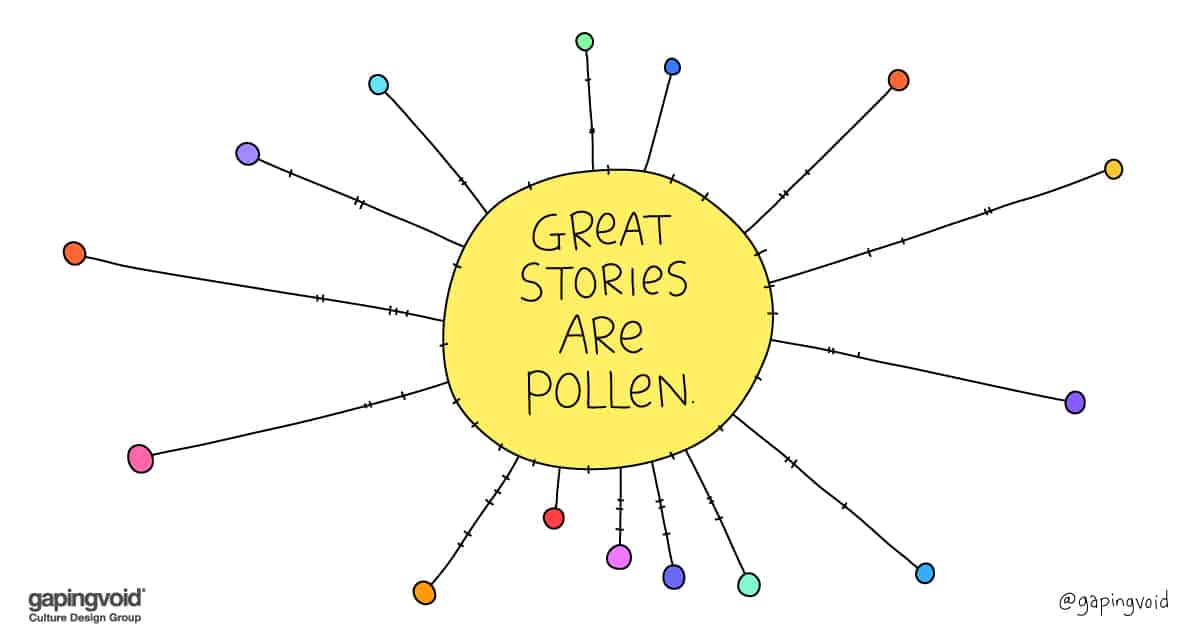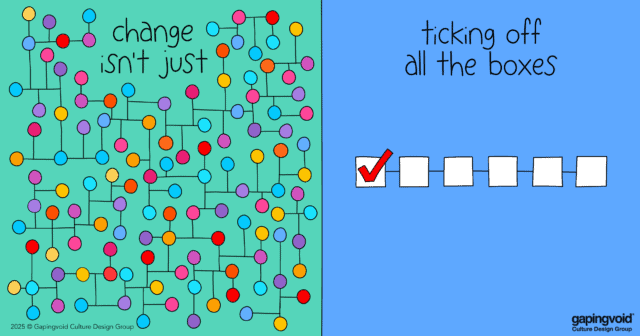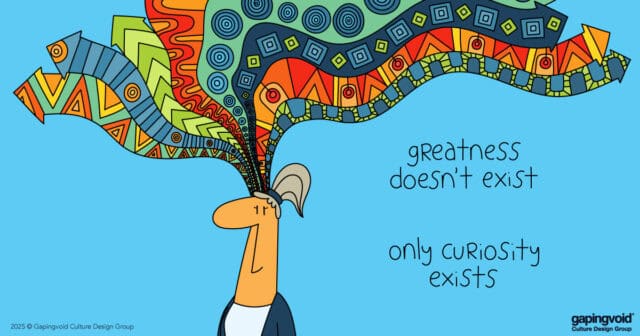
great stories are like pollen
Let’s talk about narratives.
Big stories that were told and believed by many people. Religious stories like Islam or Christianity, or Political Stories like Capitalism or Communism. Origin Stories like 1776, the 1967 Israeli-Arab War, the Battle of Hastings or The Abduction Of The Sabines.
Like we said, all very “Grand”.
But then Postmodernism comes along, and suddenly the Macro Stories don’t hold as much sway. Suddenly “Micro Narratives” are in.
Stories about the Self. Me, me, me, me, me.
You can do it! You rock! Believe in Yourself! Your truth!
Who needs to join an organized religion or a political party when you can just beat your CrossFit Personal Record, or have “I Am Awesome” tattooed on your forearm, or turn up to campus wielding a placard over some very minor real or imagined injustice?
What can possibly go wrong?
Tons, as it turns out. As our Scottish buddy, Ewan Morrison points out in his brilliant essay in Psychology Today, the isolation caused by COVID-19 forced people to focus more on their Micro Narratives whether they wanted to or not, and it wasn’t pretty:
“In 2021, now that so many selves who believed in the story-of-the-self are living cut off from others in coronavirus lockdown, trapped, alone in a kind of digital hall of mirrors, the story-of-the-self is falling apart. So many of us now complain of loneliness, isolation, feeling cut off, and a vast wave of depression has arisen, with “a worrying increase in the number of suicide cases since the start of the COVID-19 pandemic” as noted by the European Parliament and the WHO.
The COVID lockdown was really a worldwide test to see if we can live without big narratives, with all our goals postponed and our agency suspended. In forced isolation, does the narrative of the self hold together when we have no other goals to live for? Looking in that mirror every day, can we really say ‘I believe in you?’”
As Joan Didion once said, “We tell ourselves stories in order to live.” This means without the right metaphors and narratives, collective and individual, our lives are not only meaningless but utterly far apart.
Whatever it is that your company is selling, understand that its culture is utterly dependent on the stories, utterly dependent on the narratives your people are telling themselves and outsiders.
SO, UNDERSTAND WHAT THESE STORIES ARE, AND DO NOT TAKE THIS TASK LIGHTLY.



